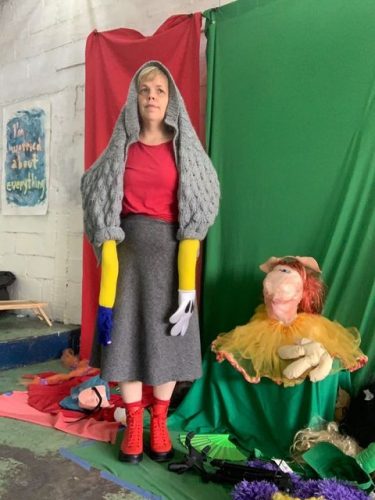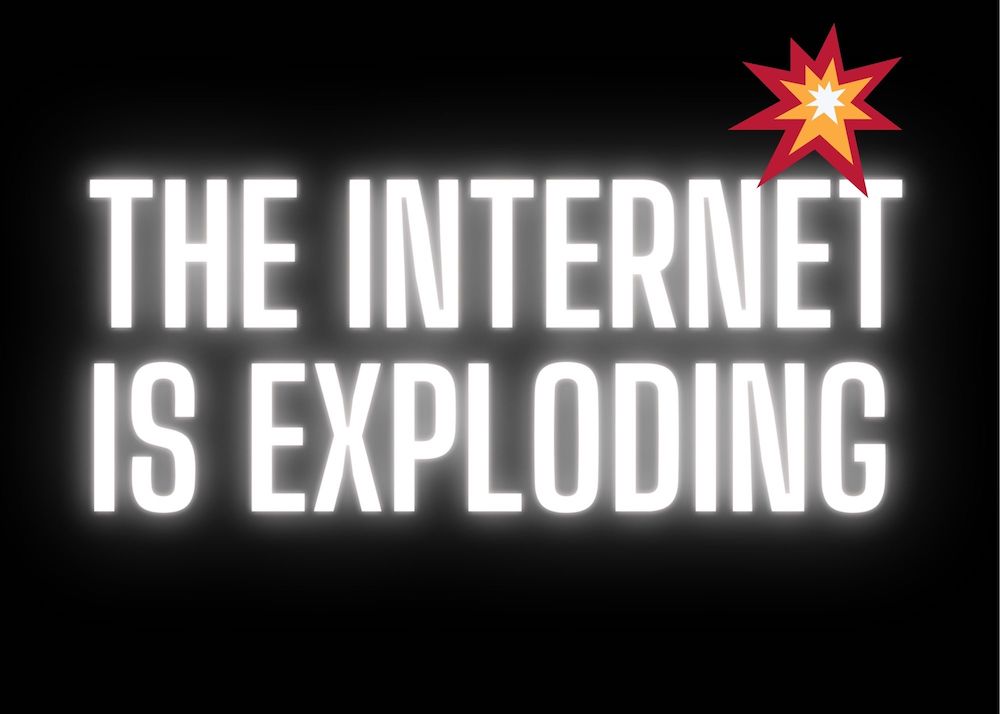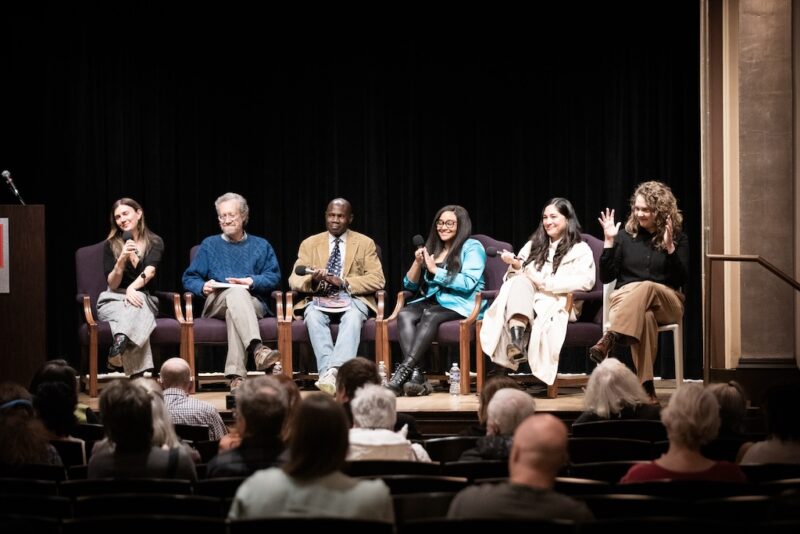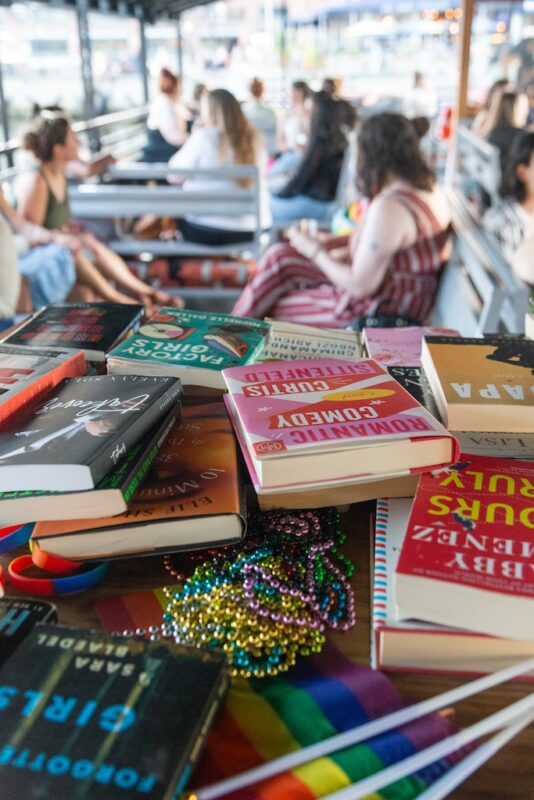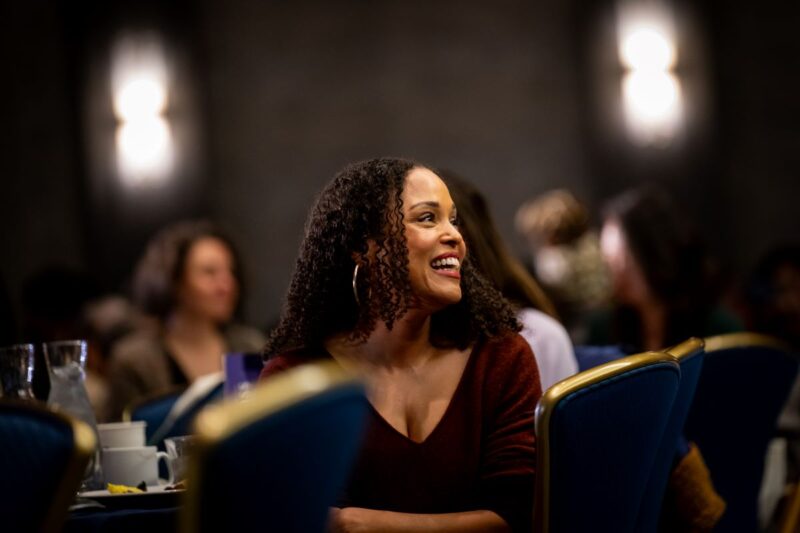3. Wired: It’s Not Your Fault You’re a Jerk on Twitter
My editor (thanks, Rebekah!) sent me this article last week as we discussed my blurb about Whoopi Goldberg. We were talking about how everyone online felt they had to share their opinion about the situation, and many people didn’t have a nuanced understanding of the cultural dynamics or understand that they did not have the skill to have a meaningful conversation. While many thought they were being helpful, most of them were not.
In this essay (not related to the Goldberg commentary), sociologist Katherine Cross explains that online, “your intent is irrelevant. Even, crucially, if it’s an attempt to defend the person being harassed.” In summarizing her research, Cross defines how a harassment campaign “is marked by three qualities that social media is designed to cultivate almost automatically: crowdsourcing, organization, and longevity.”
Sometimes lasting weeks, the discourse is sustained by “a structure that can best be visualized as an inverted pyramid, bearing down on an often helpless individual target, in descending degrees of severity. What I term first and second order harassment is the abuse you’re most likely familiar with, from the violence of swatting someone to the casual cruelty of abusing someone through a tweet or email or TikTok directed at them.” However, the kind of harassment most of us partake in is of the third order: “not hacking the target or engaging with them to spew abuse—rather, it describes the simple act of commenting on the situation. It is the enabling, apologism, and justificatory discourse about the target that ensures most people participating feel as if they’re doing the right thing and makes more overt and intense forms of harassment possible.”
I’m glad my editor sent this to me—especially as I’ve been spending more time on Twitter!
